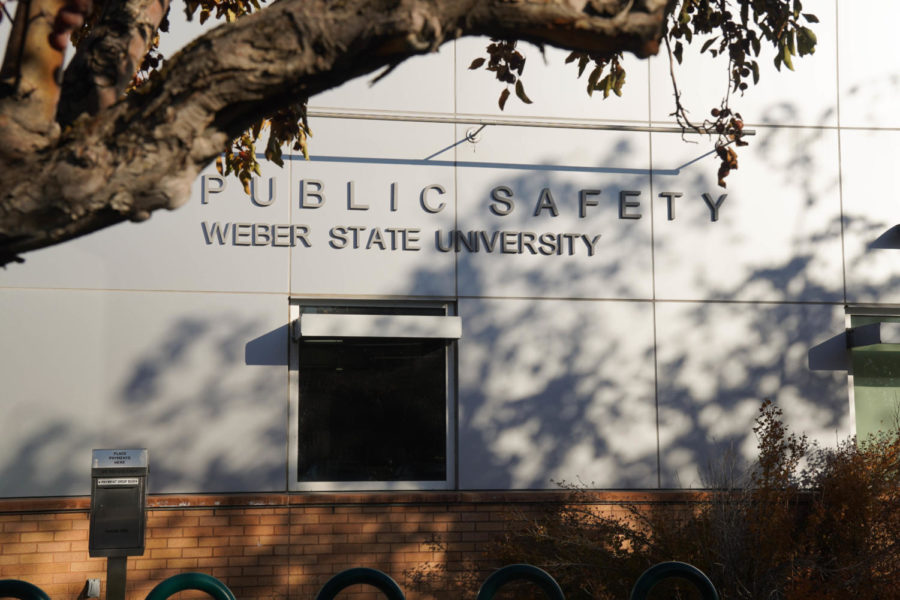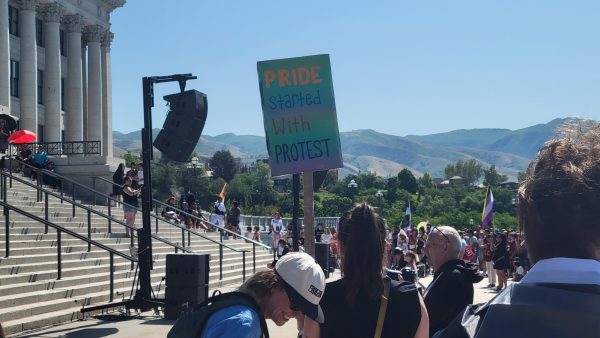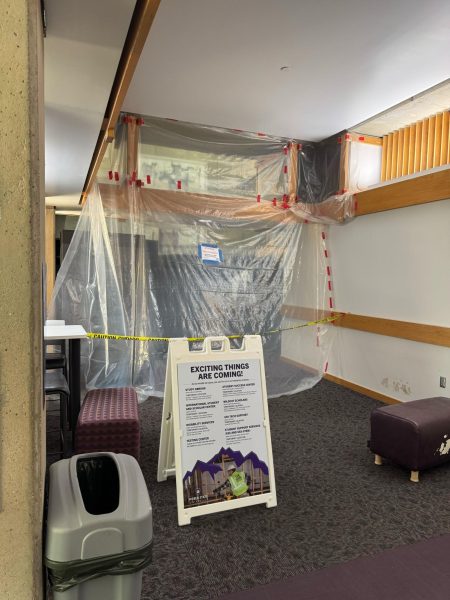Documenting the details: How to write about campus crimes
The College Media Association held its second-ever confab on Nov. 15. The main presentation was led by Lindsie Rank, a former journalist, University of North Carolina law school graduate and Student Press Counsel at the Foundation for Individual Rights in Education.
During her discussion, Rank talked about the best practices in covering and writing about crime on campus, along with where and how to find crime-related documentation and information.
The first topic of discussion was about public records and how to obtain them. Rank mentioned that the Freedom of Information Act and its accompanying laws help students, journalists and freelance writing professionals request documentation.
“Public bodies that are going to be subject to these public record laws include security departments, administrations and police departments on campus,” Rank said. She also said that these laws can sometimes apply to private universities and police forces as well.
Some documents Rank mentioned can be requested include arrest logs, incident reports, complaint logs, 911 call records and the local police or security blotter. Requests can be denied and will almost certainly not be granted in cases where an investigation is in process. This is to protect the police’s process of investigation and assure confidentiality even after prosecution is complete.
Rank said that in times when requests get denied, a good practice is to send in another request with the caveat that any personally identifiable information be redacted. Information requests can be submitted to a wide array of departments. “This applies to any department that is housed at a public institution,” she said.
It is important to request specific information or documents, as general requests are less likely to be granted and can cost more money than specified requests. When sending in requests, Rank advised to send it to all applicable agencies. For example, if a crime happened on campus, send a request of information to the campus police, administration and local police.
She also said that departments and agencies might believe that they must deny requests due to FERPA, which is the Family Educational Rights and Privacy Act.
“FERPA does not constrain the university, or specifically, the security or police department at your university from releasing disciplinary records,” Rank said.
This is because FERPA doesn’t apply to police and security records.
“There’s actually an exception that was drawn out in FERPA that specifically says that when you’re talking about records of crime or police activity on campus that are held by those security and police departments,” Rank said. “That’s not considered an educational record.”
In some states, however, she mentioned that courts have deemed crime as educational records. Outcomes of investigations are not protected as educational records.
“Once there’s an outcome,” Rank said, “you can usually get the name of the person who received discipline, the violation they were found responsible for and the sanction they received.”
Another way to find information and documentation is through the request of court records.
“The court records can be a really good way to sort of bypass your university and get a lot more information about what has actually happened than the university may be willing to release to you,” Rank said.
Some of the documents that may be requested from court records include search warrants, indictments, information motions and briefs filed with the court. Search warrants can show the evidence that lead to suspicion and the search and or seizure of property. Indictments can show more information on what the person is potentially going to be charged with and why.
Information motions and briefs filed with the court will contain information from later in the process. This could include attorneys motioning for suppression of evidence, unlawful searches or obtaining of evidence.
Rank also said that the clerk’s office of any department is a great resource for finding more information. She said they are required to keep a campus crime log, at public and private institutions. The log should include the location and time of the crime and a general description of what occurred.
“These daily crime logs have to be updated every 48 hours,” she said.
“There are a lot of institutions that don’t do this, that wait weeks and don’t keep their logs updated like they should,” Rank said. “This is a violation of federal law.”
The information found on the logs will typically be available for 60 days after the crime happened. After those 60 days, the crime logs can still be requested. A specific day should be given and it can take a few days for the information to be available.
“I do recommend putting in your request that you are happy to take documents as they become available,” Rank said.
This is because some records are readily available, while some may take weeks or even months to gather. That way, records that are available will be sent right away, without having to wait for the lengthier processes associated with other requested records.
The difference between slander and libel was also discussed. Slander is making a false, untrue claim about someone or something verbally. Libel is making a false statement about someone or something in writing.
“Truth cannot be libelous,” Rank said.
It is important to verify the truth of something before publishing it.








